Note: I have searched thoroughly on SO and the solutions posted for other's with similar questions are not working for me here.
I am writing my own custom 'string-like' class in C++, and am encoutering the following errors when compiling:
./PyString.h:8:11: error: out-of-line declaration of 'PyString' does not match any declaration in 'PyString' PyString::PyString (char*); ^
./PyString.h:9:11: error: definition of implicitly declared destructor PyString::~PyString (void);
pystring.cpp:4:7: error: redefinition of 'PyString' class PyString {
As for the first and second errors, moving around the destructor into the class definition itself in the cpp file did not work.
As for the third error, I can't seem to fix it - I'm not redefining the class!
Here is pystring.h:
#ifndef PYSTRING_INCLUDED
#define PYSTRING_INCLUDED
class PyString {
char* string;
};
PyString::PyString (char*);
PyString::~PyString (void);
#endif
Here is pystring.cpp:
#include "PyString.h"
#define NULL 0
class PyString {
char* string = NULL;
public:
PyString(char inString) {
string = new char[inString];
};
~PyString(void) {
delete string;
};
};
For reference, here is the compile output as a screenshot:

Any help is greatly appreciated.